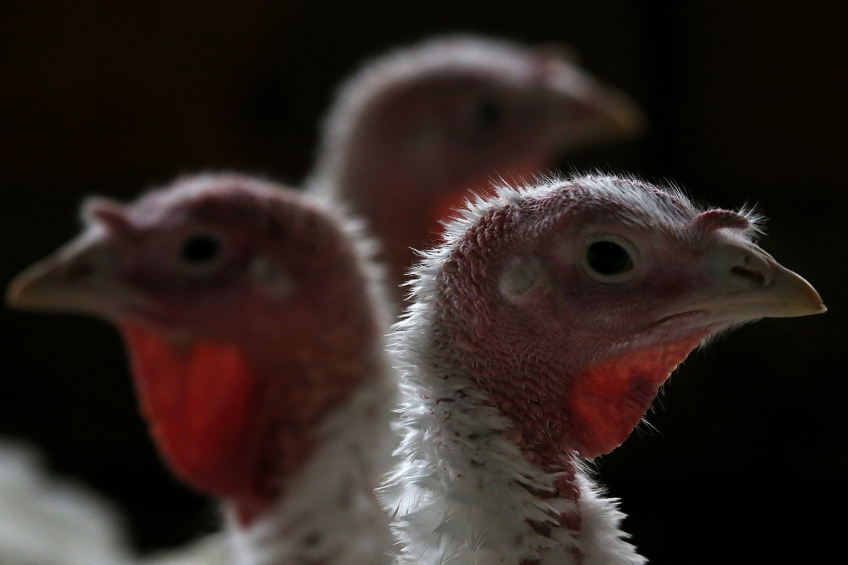US: HPAI confirmed in Californian turkey flock

The United States Department of Agriculture’s (USDA) Animal and Plant Health Inspection Service (APHIS) has confirmed the presence of highly pathogenic (HPAI) H5N8 avian influenza in a commercial turkey flock in Stanislaus County, California.
This is the first finding of HPAI in commercial poultry during the ongoing disease incident in the Pacific Flyway.
Samples from the flock, which experienced increased mortality, were tested at the California Animal Health & Food Safety Laboratory System (CAHFS) and the APHIS National Veterinary Services Laboratories in Ames, Iowa confirmed the finding. APHIS is partnering closely with the California Department of Food and Agriculture (CDFA), which has quarantined the facility. APHIS and CDFA have initiated an incident command response, and APHIS will assist CDFA in depopulating the remaining birds on the property to prevent the spread of the disease.
Federal and State partners are working jointly on additional surveillance and testing in the nearby area, following existing avian influenza response plans. These plans also will include preventing the movement of risky animals or products out of the immediate area to prevent further disease spread. The United States has the strongest AI surveillance program in the world, and USDA is working with its partners to actively look for the disease in commercial poultry operations, live bird markets, and in migratory wild bird populations.
The USDA notified the World Organization for Animal Health (OIE) on 25th January of this detection as part of USDA’s ongoing reporting of all HPAI findings.
USDA has identified two mixed-origin viruses in the Pacific Flyway: the H5N2 virus and new H5N1 virus. The new H5N1 virus is not the same virus as the H5N1 virus found in Asia, Europe and Africa that has caused some human illness. Detailed analysis of the virus is underway in cooperation with the US Centers for Disease Control and Prevention.













